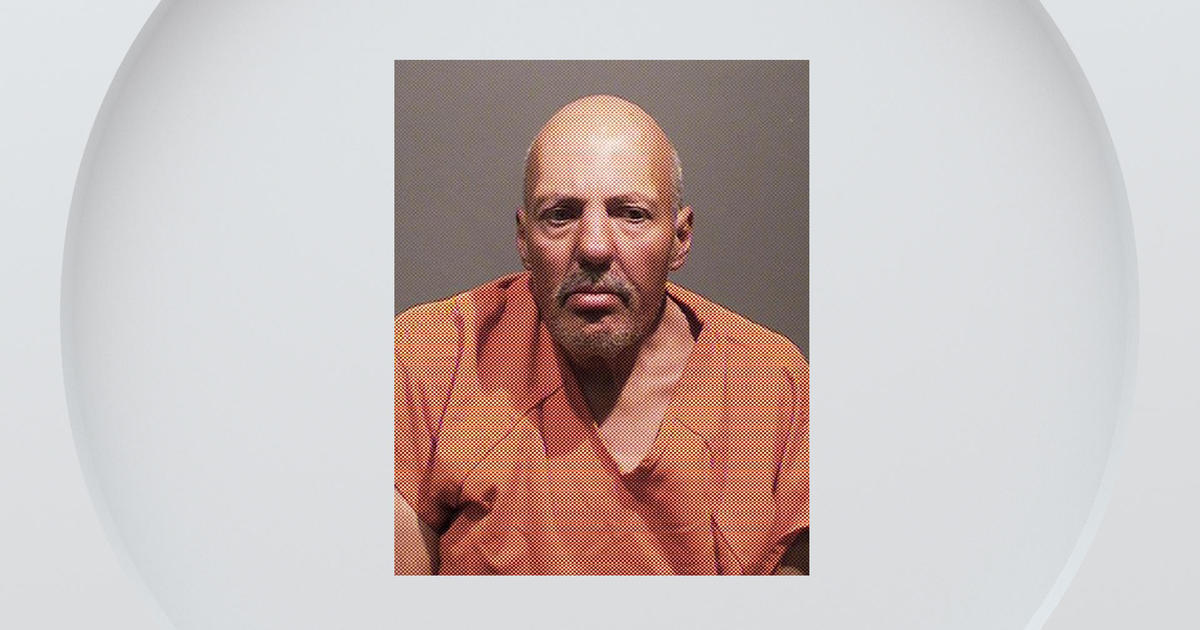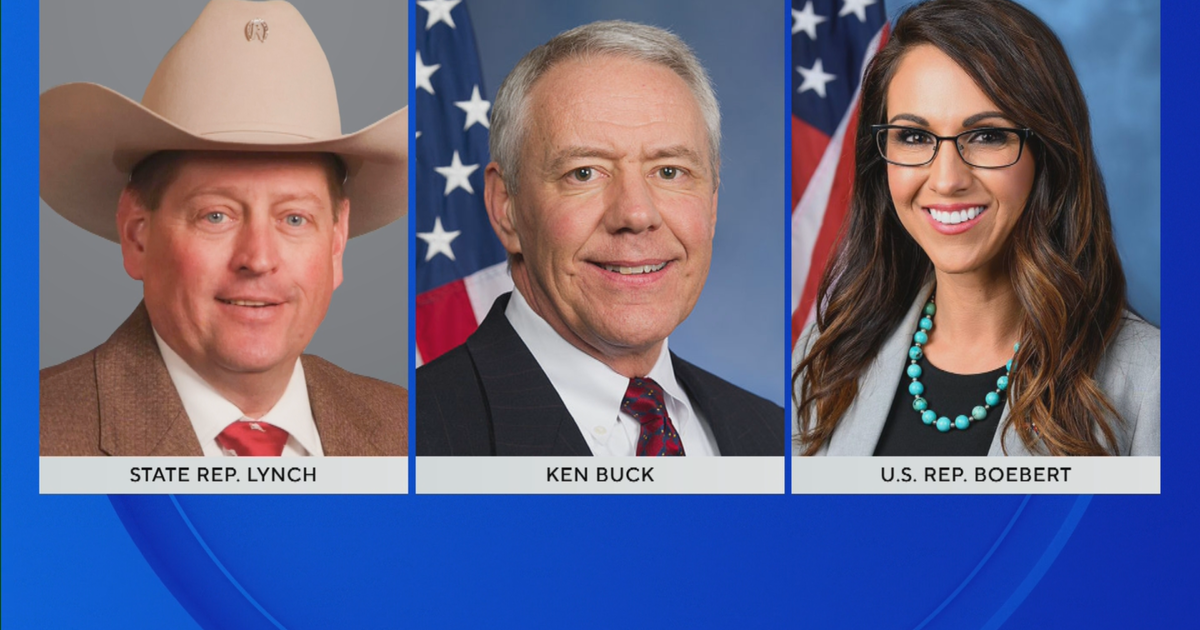Historic Interstate Checkpoint Targets Illegal Hunters
CLEAR CREEK COUNTY, Colo. (CBS4) – During a 36-hour period this week, hunters coming back from the mountains along Interstate 70 were greeted by dozens of wildlife officers with illegal hunters in their crosshairs.
Denver deer hunter Roy Hernandez was stopped at the massive Colorado Parks and Wildlife checkpoint set up in Clear Creek County Tuesday. Hernandez had all the proper tags and information and was happy to see the officers out checking on hunters.

"This type of checkpoint is a first for me, but I think it's a good idea because they are able to catch poachers," Hernandez said.
In addition to the law enforcement component, checkpoint personnel will gain biological information that will assist in determining animal health, harvest information, hunter success, as well as provide an opportunity to contact the hunting and fishing public.
Mark Lamb is a District Wildlife Manager who was out working the checkpoint Tuesday afternoon.
"We are checking licenses, making sure everyone is staying up on what they should be doing," Lamb told CBS4 as he dug through a cooler filled with freshly cut meat.
But officers are not only looking for hunters not following Colorado hunting laws. They are also on the lookout for DUI drivers, people without proper registration or insurance and other traffic violators.
"We have local sheriff's officers, the Colorado State Patrol and other agencies working with us on this checkpoint," Lamb added.

It marks one of the largest hunter checkpoints in Colorado history. Each year wildlife officers set up smaller checkpoints across the state during hunting season. In the first 5 hours the checkpoint was open Tuesday, officials say they issued 10 citations, 20 verbal warnings, and inspected 500 vehicles at the checkpoint.
"Check stations like these are critical for us to not only engage with our hunting constituents, but to ensure that our wildlife laws are being followed," said Northeast Regional Manager Steve Yamashita of CPW. "An operation of this size may inconvenience some people, but we are working hard to minimize traffic delays. What's important for the public to know is that check stations are needed to protect our wildlife for future generations."

Yamashita added that the vast majority of sportsmen and women follow hunting rules and regulations; however, in some cases, it may require direct education regarding the laws, or full enforcement which can include fines and arrests.
Checkpoint Quick Factsheet
Q: How many law enforcement agencies and officers are involved?
At least 8 agencies; Colorado Parks & Wildlife, Colorado State Patrol, Clear Creek Sheriff's Office, US Fish and Wildlife Service, US Forest Service, Utah Division of Wildlife Resources, Wyoming Game and Fish Department and Kansas Department of Wildlife and Parks and Tourism. Idaho Springs Police Department are involved. There will be over 200 personnel working, approximately 170 state and federal law enforcement officers and special agents.
Q: What do you expect to find?
Colorado Parks and Wildlife is looking for wildlife violations under Title 33 of the Colorado Revised Statutes. We may find evidence of poaching, party-hunting, take over limit, evidence of sex violations, loaded firearms and other wildlife and hunting-related violations. In addition, persons involved in other illegal activity such as DUI can be detained or arrested at the Check Station.
Q: How was this location selected?
I-70 is a major transportation corridor through the heart of Colorado. Many of Colorado's high quality hunting areas are on the West Slope of Colorado, and I-70 acts as a pipeline for most of Colorado's hunters. Several "feeder" highways, like US 40 and US 9 funnel onto I-70 as hunters travel east, prior to the Denver Metro area where traffic can spread out to C-470, I-25 and I-76 heading east. The Idaho Springs location was chosen because of the available facilities around the chain station and its mild climate relative to mountain communities. The specific site was a CDOT recommendation.
Q: Do all motorists have to come through the Check Station?
No, only citizens engaged in hunting, fishing or transport of wildlife need to come through the Check Station.
Q: Are wildlife check stations worth the inconvenience to motorists on I-170?
This Check Station has been planned for well over a year with multiple law enforcement agencies and the Colorado Department of Transportation. Minimizing impacts to unaffected motorists while keeping public safety in mind were paramount in the planning. If there are delays to any travelers, we are still hopeful that the public, which always values and appreciates our wildlife resources, will be supportive of protecting our wildlife laws as well.
Q:How many vehicles are expected to pass through the Check Station?
CDOT is expecting 16k vehicles a day through this part of I-70 at this time of year. We are guessing we may have the opportunity to inspect 1,500 to 2k vehicles.
Additional Resources
To learn more about how hunting in Colorado, please visit: http://cpw.state.co.us/learn/Pages/Hunting.aspx.
Matt Kroschel covers news throughout Colorado working from the CBS4 Mountain Newsroom. Send story ideas to mrkroschel@cbs.com and connect with him on Twitter @Matt_Kroschel.



